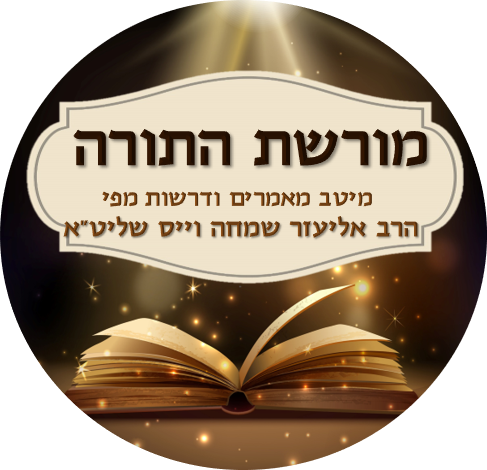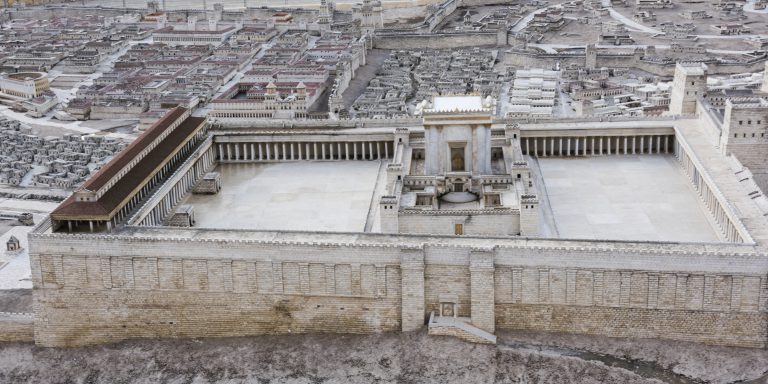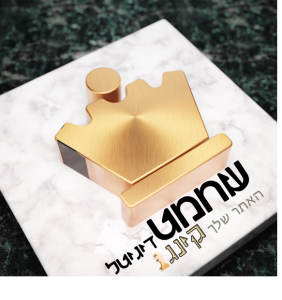Parshas Kedoshim- Kedusha (holiness) is achieved in public – nine Zadikim (pious men) cannot say Kedusha – any ten men can!
“And G-d spoke to Moses saying: ‘Speak to the entire Community of Israel and tell them you must be Holy, for I, the L-rd Your G-d, am Holy.'” [Vayikra [Leviticus] 19:1-2]
The Midrash comments that the Commandment that” you must be Holy” was spoken to the Israelites “be’Hakhel,” namely, to all the Israelite congregation, who received the same instructions at one time. In contrast, most of the Torah was taught to Moshe, who taught it to Aaron who taught to his sons, who taught to the Elders, etc., etc. This portion, however, Moshe taught in everyone’s presence.
Why is this Parsha different from others? Because it teaches a unique aspect of Torah way of life and that is that the specific command ‘You shall be Holy ‘applies to everyone one equally!
There are religions where only monks through holy retreat and separation or priests, can achieve sanctification while their believers are exempt from attempting to be holy. The law of our Torah is dedicated to everyone, and each person can achieve holiness according to his/her will or ability. The Torah refers to each individual. Thus, it was necessary to teach Kedoshim at the mass gathering of Hakhel.
Further, there is no need to distance oneself from society – no monasteries on the outskirts of the desert, far away from settlement – in order to achieve holiness… Our Torah requires the opposite. Kedusha (holiness) is only achieved in public – nine Zadikim (pious men) cannot say Kedusha but any ten men can.


 שחמט דיגיטל
שחמט דיגיטל